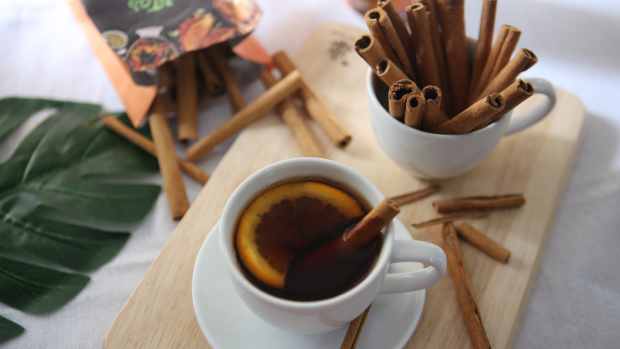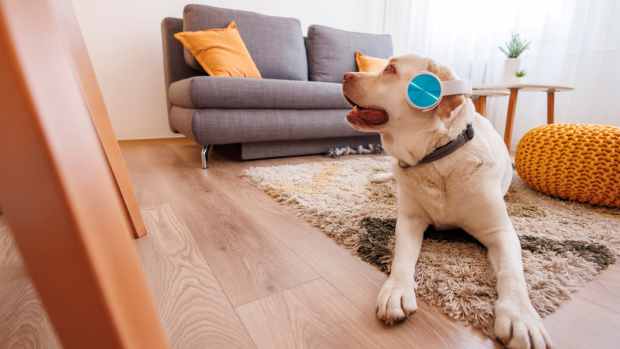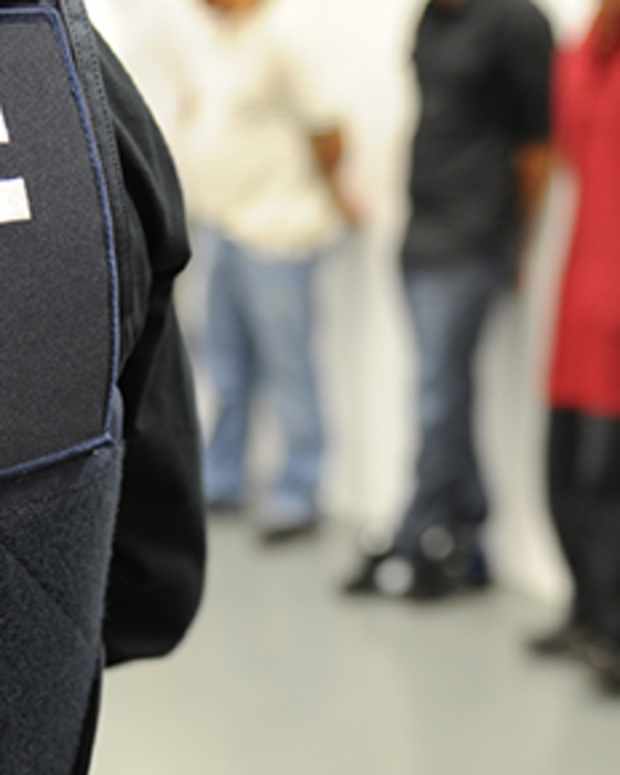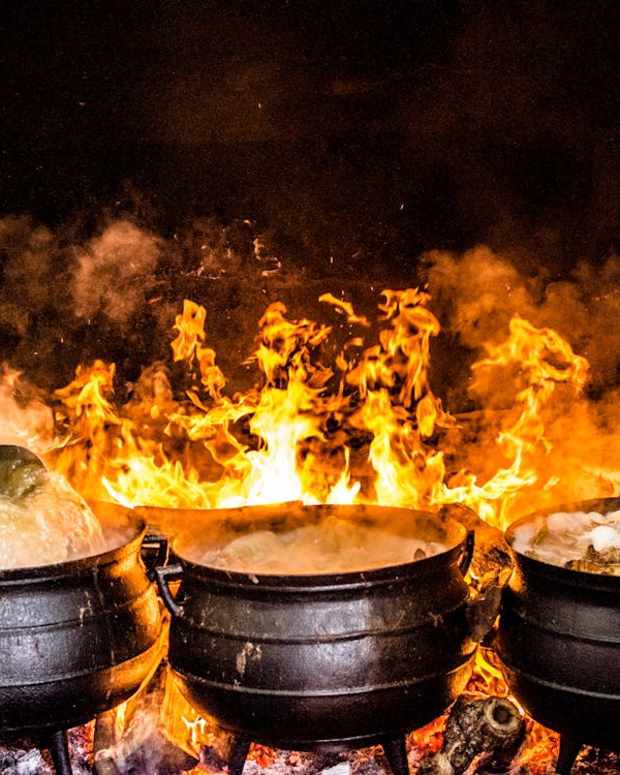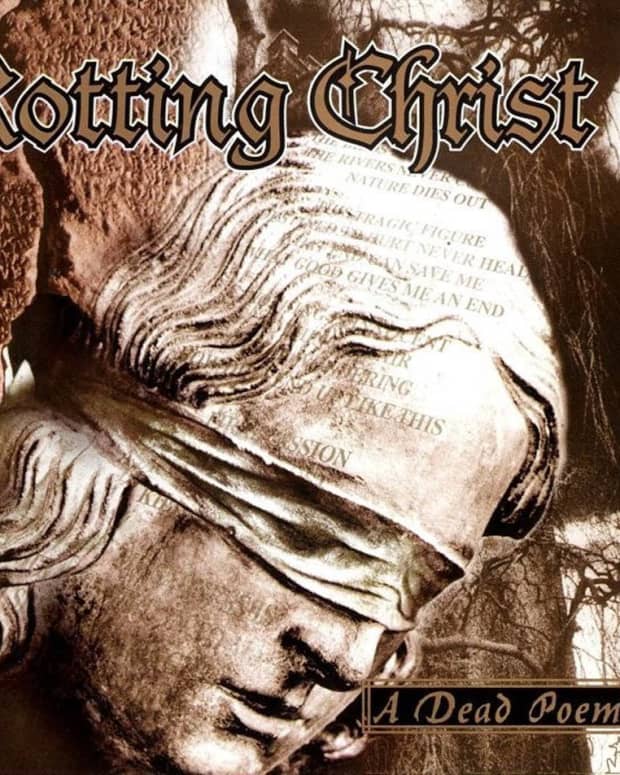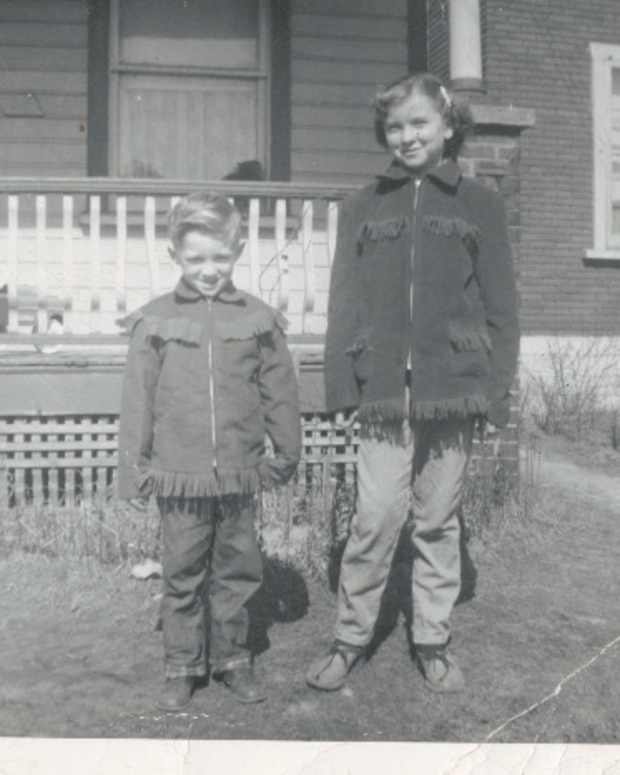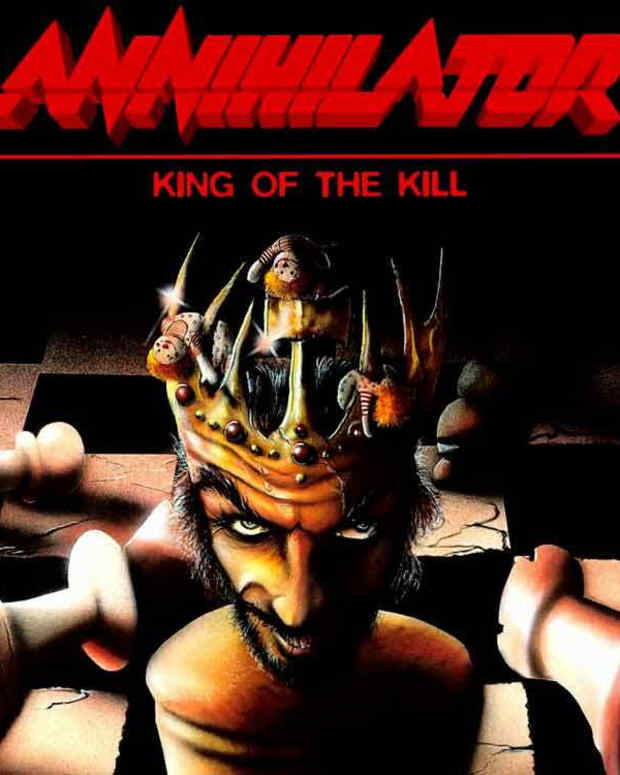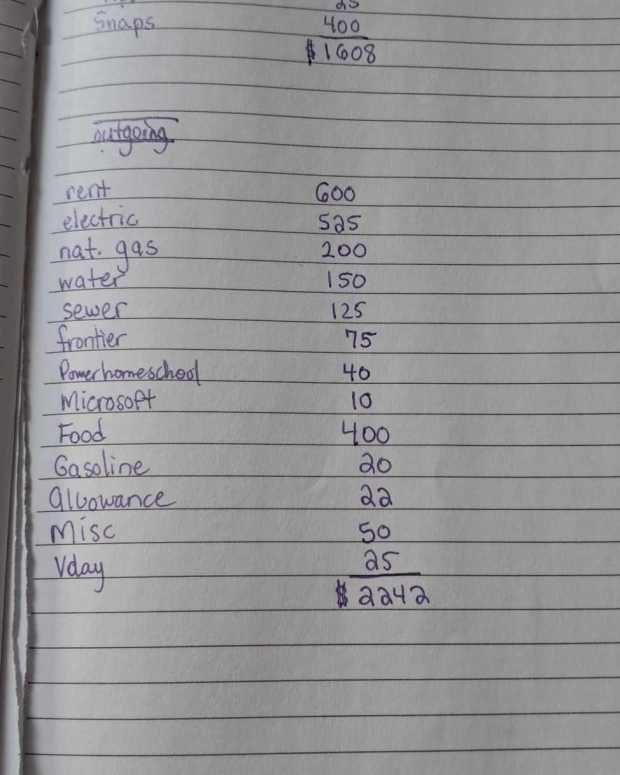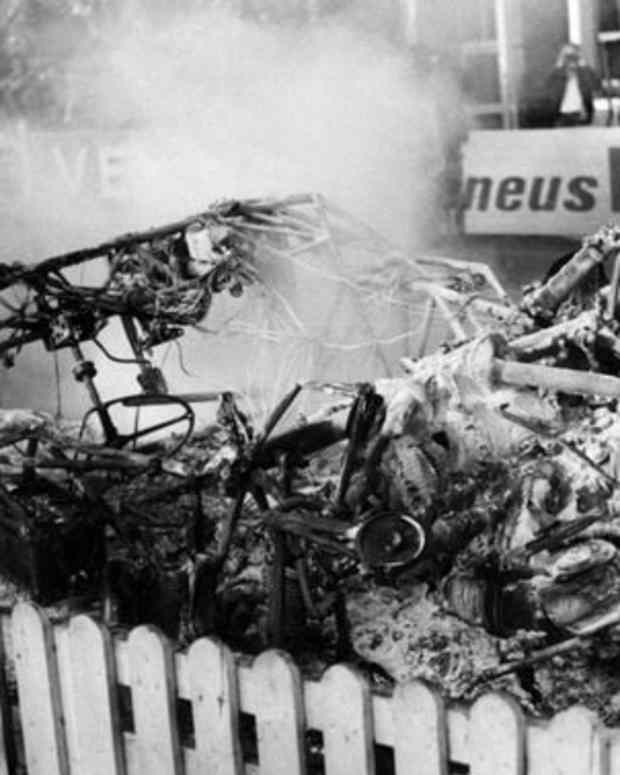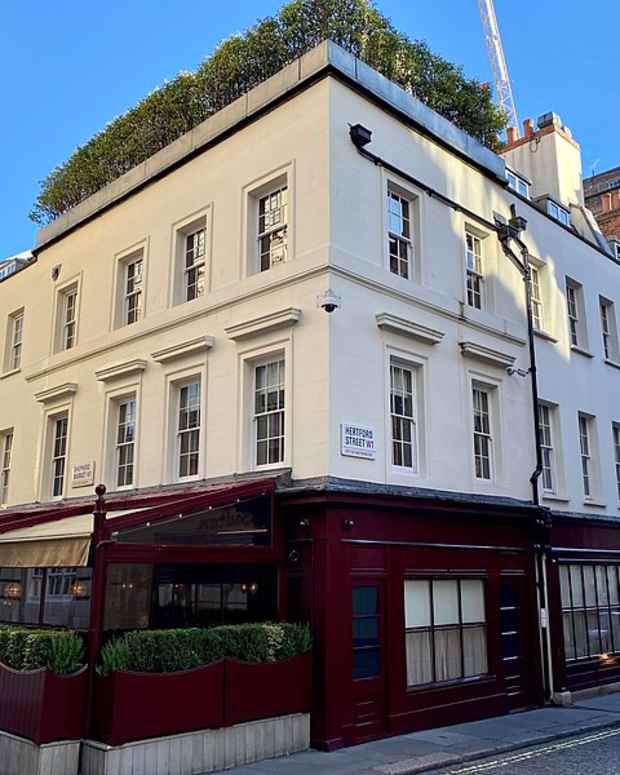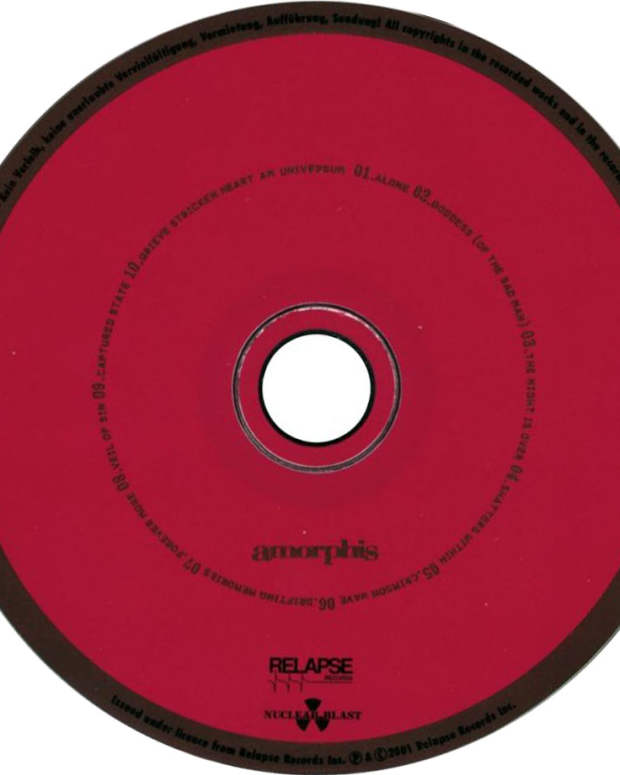Indian Desi Dog, Pariah Dog or Indog
Indian Pariah Dog OR INdogs
Pariah Dogs are Indian native dogs and are available across country. Now days they are more recognised as INdogs. They took their names “Pariah” from primitive or ancient dogs. Pariah dogs are medium sized dogs, which have red or yellow coat and thick and small fur. Their other common colours are white, black and grey, spotted dogs are also common.
These dogs are are one among the first domesticated dogs and are a very loyal companion. According to recent DNA test report of Australian Dingo in 2013, Pariah dogs are the genetic source of Australian Dingo. They were bought to Australia around 4000 years ago, by Indian sea farers.
Commonly Known as "Deshi Kutta"
In India, Pariah dogs are commonly known as “Deshi Kutta” and some other names like Deshiya nayee, Deshi kukur, Pi dogs, Desi Kutra, Veedhi kukka and many others but "Deshi Kutta:" is most common name that means "Country Dogs". ("Deshi" means country and "Kutta" means Dog).
They are the example for survival of fittest and stimulated through best available and competitive breeding. These dogs are very sturdy, alert and loyal and are well capable of independent thinking and living, They are best suitable dogs for climate and condition of Indian subcontinent. Pariah dogs require very low maintenance and make adorable family pets, if socialised at early stage. They are extraordinarily loyal and devoted to their family and love to please their master. Also they are very friendly towards other pets and animals and protective to their owner and family,
Pariah dogs are very courageous and aggressive, in demanding condition.
- Height: Approx, 18 -28 inches
- Weight: Average, 12 to 25 kg, some examples are up to 32 kg.
- Life span: 10- 14 years
- Temperament: Hardy, Alert, Intelligent and very loyal dog.
Top 10 specialities of Pariah dogs.
- 1: They do not shed or comparatively they sheds very less than other dogs.
- 2: They are Hardy, Healthy and sturdy dogs that don’t have any health issue. They need only routine doctor visits.
- 3: Pariah Dogs are very alert, loyal, intelligent and devoted dogs and also a quick learner.
- 4: Pariah dog is a medium sized, healthy and average height dog, though it has very less diet. [Usually a cocker spaniel and pariah dog have almost same diet, that’s almost half of the Lab].
- 5: It's very easy to groom and Pariah dog need very less care. It’s capable to adopt and survive in any extreme climate. [They are use to for, 0 to 45-50 degrees].
- 6: They have great digestive system. [Like Dhole or African wild dogs]. You do not need to look for special dog food for them.
- 7: Pariah dog could be adopted happily, for apartment living. Dog need average Exercise and regular walk.
- 8: They are very caring, protective and loving with kids and friendly to other pets and guests. (Must be properly trained and socialized at early stage).
- 9: They are well capable of independent thinking and living.
- 10: These dogs are available in multiple colours and have option for short and thick or medium and hard furry coats.That provides more option to make choice.
Very Friendly and Animal Loving dogs.
Dog’s friendliness toward human, friendliness toward dogs and friendliness towards other animals are completely different term. Indian Pariah dogs are average dog friendly but mostly they are extremely animal loving and human friendly.
s not their true or only nature, they just do that because they also know that's their job and some time when they are not properly trained or well socialized.We have couple of dog breeds which are very territorial and aggressive and not enough friendly to other dogs or animals.
But most of the dogs are lovable, caring and playful who loves to please their master and family . Also, they love other pets and animals as well as humans. But you can’t avoid couple of examples, When Pariah dogs are also very aggressive and can't be trusted easily. So it depends, what they are taught and how they were groom?
Pariah Dogs feeding baby Goat
Look at these real touching pictures "Pariah Dogs feeding baby goat". That's must be sufficient to explain about their friendliness and Kindness towards other animals.
Indian Pariah Dog that adopted Baby Goats
Pariah Dogs became Friend with Street Cows.
While roaming around Indian cities especially in rural and semi urban areas you can observe street-roaming cows, feral monkeys, mangy dogs or Pariah dogs. Usually they do not disturb each other’s and lives in their own group. But sporadically you can observe some very funny, interesting or some time very friendly and emotive care among them. Like, some of these interesting photographs.
Deshi Kutta (Pariah dogs) with his cow friend.
While roaming around streets, you may found couple of similar examples. They had adopted each other and on the whole most of the time, they are very friendly together.
Desi Pariah Dogs Herding Sheep
This content is accurate and true to the best of the author’s knowledge and is not meant to substitute for formal and individualized advice from a qualified professional.
© 2014 S RAI
Comments
Elke on December 11, 2016:
I had an Indian Pariah dog for more than 16 years. They are intelligent dogs and wonderful...
S RAI (author) from India on August 04, 2016:
Hello Knowledgble,
That black and white dog is mix of Bordercoolie and pariah (Indian Pi or IN Dog).
Also like to let you know, thats my own dog :) .
Knowlagable on July 23, 2016:
The picture that is of a black and white spotted pariah is actually a breed known as 'Border Collie' its an Australian Shepherd dog.... That's why I dislike Indian people, they post anything without first inquiring about that particular information....
rodney80 on August 07, 2014:
My first pet was a Labrador. After his death at the age of 10 .5 years I am with pariah's and forget other breeds. They are very resistant, agile, hardy dogs. Very good as the watch dog. When in a pack, they are very good hunter too.
Their main ailments, according to my experience....
1. Undernourishment-related problems
2. Worms.
3. Skin problems specially Menges and ticks.
I faced distemper rarely.
Dogs in metros mainly die from ...
1. Wormtoximia ( puppies)
2. ACCIDENT ( main reason)
Right now, main problem for Pariahs in cities, especially the metro city I leave...
1. Lack of food and water
2. Over congestion.
3. Human apathy.
I am not much aware about village dogs but have some idea they have better life than city dogs, at least villagers have some kind soul to share food with their local dogs.
I would REALLY appreciate if you let me know the county side medicines for dogs... specially for worm and Menges.
BTW, have you ever used Homeopathy medicine for dogs... it really works and exceptionally better than the action on human.
Waiting for your new hub.
S RAI (author) from India on August 07, 2014:
Rodney80,
I really appreciate your affection with Pariah and honest effort. Even unfortunately you had some bad experience. I wish and hope some more people, like you will come up for their protection and care. you efforts are REALLY APPRICIATED.
you encouraged me to write an another hub. How people are taking care for pariah dogs in remote areas, villages. And their simple and very useful homemade vet formula - specially some tribal in India (MP). I can bet if you will meet their Desi Dogs then deff. you will forget GS or Doby, they are really very healthy and strong and loyal. A day before I saw, one of Pariah dog - The dog was guarding for a house , which has 10ft high boundary wall and dog use to jump and sit on that wall for hours and most amazing no one had taught him to do so...
Hope my next article could be useful for those who like Pariah dogs and give them basic vet care at home.
rodney80 on August 07, 2014:
Sure, I will read that. I love dog very much... most unlikely is that I feel them, feel their emotion, their pain and that is my problem too. I can't keep myself away, and more I am getting involved. I have been with them around 15 years.
Right now, I have three Indian dogs at my home, one male 10 years, 2 female 3 and 4 years. One is a bit handicapped. She had had joint displacement in both front lags at 6 months of age... after long effort I somehow managed to make her able to walk with lots of agony. I tried my best. I took her to NGOs where doctors did not even care to touch ... given some calcium tabs and told she would be never able to walk again. Another reputed vet clinic just kept me waiting with her in a suffocated anti-chamber for an hour because I brought there a street dog, as all their patients were reputed breeds from affluent economic class. Vet there also told the same word that the dog would never walk again and did not even care to make a plaster or a bandage. Moreover, Vet told it was a case of surgery and success rate is very very poor. I did not give up ..... I made some homemade plaster like structure, and I won the war. After 3 months, she walked first time!!
Besides these 3, I look after 10 more( 3 have died recently, or it would be 13, lol) more dogs around my surrounding. All are Pariah.
Cruelty? I saw people threw acid to one of my dogs. And the dog was screaming and running around helpless. It is because he used to sleep below the window of one of my neighbors and barked at night.
Cruelty? Did you see dog reduced to skin and bone been beaten and kicked because he was just standing by a road side tea shop looking for a biscuit?
I don't belong any NGO. My experienced with those NGOs were worst. I confronted threats from some hooligans because I feed dogs and take care. Can you imagine?
Okay, I will let you know other incidences... specially my experience with an NGO.
S RAI (author) from India on August 05, 2014:
Hello Rodney80, you may like this -
10 Reasons Why Pariah Dog is the best Option for Elders or Senior Citizens
https://discover.hubpages.com/animals/10-Reason-Pa...
S RAI (author) from India on July 31, 2014:
Hi Rodney80,
Thanks for appreciation!
As you have real good experience with these dogs, I would like to know more about these dogs. Specially that I missed. I love these dogs. I own 2 pariah dogs [1 is still with me].
I am not associated with any NGO, I love pets and writing about them. And I have no courage to write about the cruelty they are facing, But I agree that's true.
All I can wish for them, to get proper care and treatment. Which they really deserver. So deffinitly my next hub will be to promote them and introduce some of their best side.
Thanks!
rodney80 on July 30, 2014:
Awesome!!!
I appreciate this article. At least, someone else out there who shared a glimpse of these dogs. I have been working for 10 years for this dog, alone. I have seen some real side that not been share here.
I request, if possible, to show the world how cruelty these dogs face everyday, especially in cites and metros of India.
There are lots of non-government organizations (NGO) in different cities of India, who show they have been working hard for these dogs and got huge donations from first-world countries, but very few fortunate dogs get some benefit but the trustee or owner of the NGOs really got benefited.
S RAI (author) from India on July 18, 2014:
Anusha15: Thanks!!
Anusha Jain from Indore, India on July 18, 2014:
Animal loving... hmm. Very interesting. And yeah, awesome original pics. :)
S RAI (author) from India on July 17, 2014:
Hello DrMark, Thanks!
About your 1st question: "Actually pariah Dogs are growing now and recently many people found these dogs more suitable for Indian conditions with very fit for their requirements and also they need less care". And many NGOs and Dog adoption centres are also promoting them, that's good news.
And about other query "Few people think, they are getting best dog by cross breeding with pariah and other imported foreign breeds. Mostly pariah with lab/GS/Boxer or Rottweiler, where pariah with black lab are much demanded. If I have to
Their assumption is, these dogs are much sturdy than originals and have less health issues and also more suitable for Indian climate and condition. Also they need less care and grooming. That’s a possible thread for them. And another similar possible threat, there self cross breeding with “Gatti / Bhutia/ kakadi / and other local breeds”. But still they don’t have any thread and easily available everywhere in India and now people showing more interest for “Gatti Kutta/ Rajapalayam and Pariah dogs”. Surprisingly demand for "Dalmatian, Great Dane and St. Bernard" is decreasing and most demanded foreign dogs are "lab/ GS / /Folden Ret. /Rott./ Doberman and cocker spaniels".
Mark dos Anjos, DVM from The Atlantic Rain Forest, Brazil on July 17, 2014:
Great reading. Do you think the Pariah dog is dying out in India because of the large number of European and other foreign dogs present there, or do you think the dog will just adapt and become a new type?
Thanks for this. Voted up and interesting, sharing on Pinterest.







